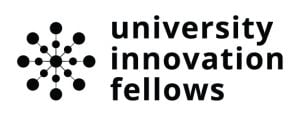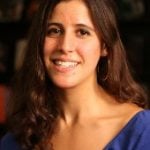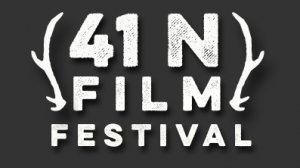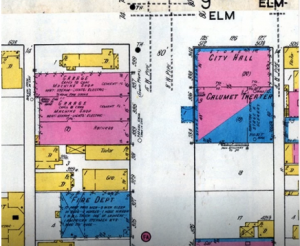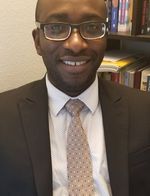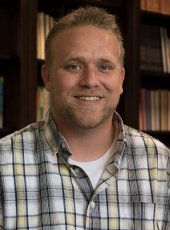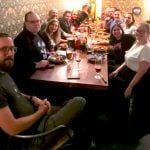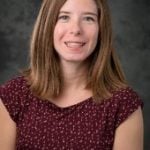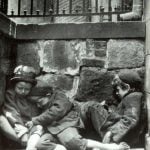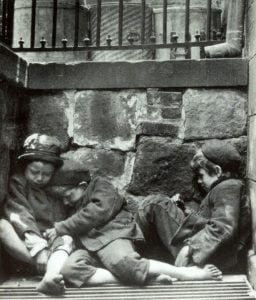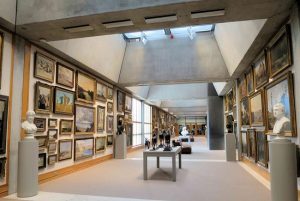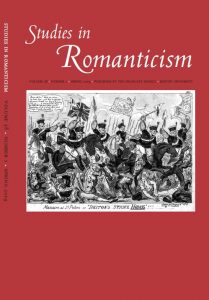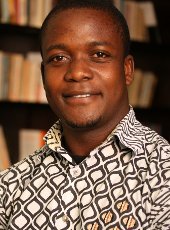Congratulations to Abigail Kuehne (Psychology and Communication, Culture, and Media/ Applied Cognitive Science and Human Factors ’21), Sam Raber (Psychology ’22), Lindsay Sandell (Biomedical Engineering ’21), and Gary Tropp (Computer Network and System Administration ’22), who have been named University Innovation Fellows by Stanford University’s Hasso Plattner Institute of Design (d.school). This global program trains student leaders to create new opportunities for their peers to engage with innovation, entrepreneurship, design thinking, and creativity.
Michigan Tech’s team of University Innovation Fellows support student interests, create an ecosystem for innovation, and encourage environmentally sustainable practices on campus. They aim to preserve a culture of inclusion, encourage creativity and self-authorship, and help students create lasting connections. Current UIF proposals include a university-sanctioned gap year program, updates to campus wellness opportunities, student ambassador programs, and creating a space to reduce waste and encourage students to share and reuse common school items.
